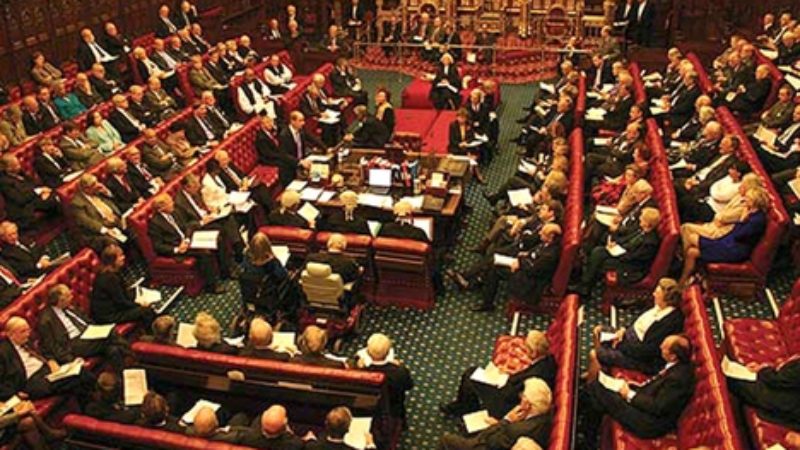
“In the context of a 100-year life, continuous training and retaining will become more important. Older people need to be equipped and supported to respond to a changing labour market.”
Take a moment to think about that. What image does it conjure? For me it was a worker in their late 60s, in what’s left of an industrial Northern town, who’d worked hard all their adult life and contributed significantly to the economy over that time – but it’s taken its toll on their health. On current life expectation trends, they probably won’t live much more than 15 or so years.
But instead of being allowed to enjoy those years in relatively comfortable retirement, living on a small state pension and relying on state fuel, TV and travel benefits, there’s been another hike in the state retirement age and their pension now only increases in line with average earnings. They’re now faced with having to go on working to make ends meet by learning new “skills” to re-enter today’s world of precarious work, with all the reduced employment and trade union rights that accompanies it.
Of course, others may think of a similarly aged worker, but will place them in London or the South East, where they’ve worked in a finance house for decades. Fit and healthy, they have a generous occupational pension, savings and investments, and little need for a state pension.
They never travel by bus so haven’t applied for a free bus pass, they donate the equivalent of their free TV licence to charity and don’t claim winter fuel allowance. Official statistics tell us their longevity, and that of their friends, is rising – the only region of the UK where it is.
The difference between these two images is the former is seen through the eyes of a working-class trade unionist, who represents hard-working men and women, people who’ve experienced the full force of austerity and cuts, whose life expectancy is falling and will almost certainly be in need of some level of social care within a decade.
The latter is seen through middle class, comfortable eyes. Exactly the eyes of the House of Lords committee that made the recommendation about continuous training in a “100-year life”, along with removing the triple lock for state pensions, phasing out free TV licences based on age and restricting free bus passes and winter fuel payments to five years after reaching state pension age. And that “better off workers” over state pension age should pay National Insurance while they continue to work. All in the name of “tackling intergenerational unfairness” – or robbing an older Peter to pay a younger Paul.
In fairness to the Lords and Ladies of the committee, perhaps it’s easy to get confused between Kensington in London, which has the highest life expectancy in the country for both men and women – more than five years higher than the national average – and Kensington Liverpool, where men and women die a whole 13 years younger on average than their counterparts in the South.
Which underlines what struck me most about the Lords report. In focussing on intergenerational divide, it entirely overlooks the reality of the class divide. As the National Pensioners’ Convention says, more than at any other period in our history, our society is being divided and categorised in terms of the generation into which we are born. It’s a divisive and simplistic approach that assumes all those born into one generation have the same life experience and outcomes, when the reality is health, property wealth and income – all class issues – are not evenly or equally distributed.
In its evidence to the Lords committee, Unite pointed out what to us is glaringly obvious – the notion of an unfair division between the amount of public spending on different generations is an entirely false one. People make different calls on the system at different points over their lifetime, with some making much more use of services compared to others, while some may never use particular services at all. The collective provision of services, from which we all benefit and for which we all pay taxes, is a way of pooling risk as a society.
Of course it’s undeniable that today’s younger workers are bearing the brunt of the fallout from policies of recent governments that have resulted in growing inequality, spiralling housing costs and stagnating and falling wages.
But rather than fixating on taking away the entitlements of today’s and future pensioners, the government’s focus should be on how to deliver continuing improving living standards and citizen entitlements for all, now and into the future. This is achievable, but only within the context of a sustainable economy and profound changes to how that economy is structured and how wealth is distributed.




More from LabourList
‘AI regulation is key to Labour’s climate credibility’
Ben Cooper column: ‘Labour needs to rediscover its own authentic populism’
‘Westminster rethought: a new purpose built site and a museum of democracy’